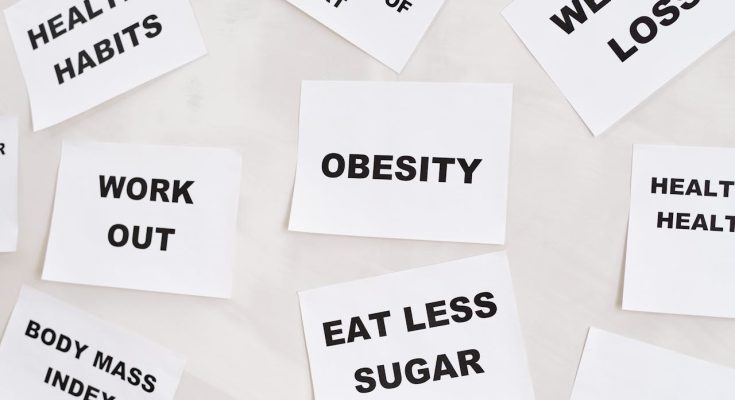Healthy Eating Habits for Weight Loss: How Eating Food in Balance Contributes to Sustainable Weight Loss,. Sustainable weight loss does not consider quick fixes or fad diets and is grounded in healthy eating practices and balanced nutrition habits. Eating appropriate portions without processed foods means you can build a lifestyle that sustains weight. Let’s examine how these practices can help you lose weight the healthy way and sustain it.
1. Balanced Nutrition and Weight Loss
Balanced nutrition refers to eating a variety of foods in proportion to maintain your body’s functions and energy. This considers a healthy mixture of macronutrients: proteins, carbohydrates, and fats, and micronutrients: vitamins and naturally occurring minerals. When you eat well-balanced meals, your body gets the nutrients necessary to carry out necessary bodily functions while also supporting weight loss.If you are working on losing weight, it is best to eat foods that are nutrient-dense. Nutrient-dense foods provide you energy without causing excess calorie intake. It is best to choose foods high in vitamins, minerals, and fiber while limiting composites high in sugar, refined carbohydrates, and unhealthy fats.
2. Control Portions
An important practice for healthy eating habits for weight loss is to control portions. Even healthy foods can result in weight gain if you eat them in excess. Controlled portions will help you monitor and reduce calories, without feeling deprived.To control portions, you can use smaller plates, measure servings, and be aware of hunger signals. Eating slowly and focusing more on how your body feels can cause you to prevent mindless overeating while allowing you to perceive fullness with smaller portions.
3. Eat Whole Foods
Whole foods are foods that are as natural as possible, without being processed or refined. Whole foods include fruits, vegetables, whole grains, lean proteins, and healthy fats. Whole foods are full of essential nutrients, they are typically lower calories than processed foods, and they are high in fiber, which helps control appetite and keeps digestion flowing.
Whole foods are an essential part of a healthy eating plan for weight loss. Whole foods offer longer-lasting energy and stabilization of blood sugar levels to help prevent unhealthy cravings. You can achieve nourishment for your body while maintaining your weight loss goals, when you include a variety of whole foods in your meals.
4. Developing sustainable practices
To achieve weight loss that is effective within the long-term, it is also important to make sustainable habits. This approach takes into account the small, manageable changes people can incorporate into their diet that last over time. Instead of focusing on temporary changes that place restrictions, try to develop lasting changes to your diet that include eating whole foods while being balanced or practicing portion control.
In addition to healthy eating, exercise can help you lose weight and improve your health. But the most important thing to remember is to be consistent. A slow and steady approach to improving your eating habits will be easier to maintain than major changes that will be hard to stick with over time.
Conclusion
Healthy eating habits for weight loss are important for achieving and maintaining a healthy weight. Improved balanced nutrition, portion control and increased whole foods will help you create a sustainable healthy eating plan that is effective. Don’t forget, you want to treat your body well, not deprive it. When you practice conscious and healthy eating you will feel better and live healthier.



